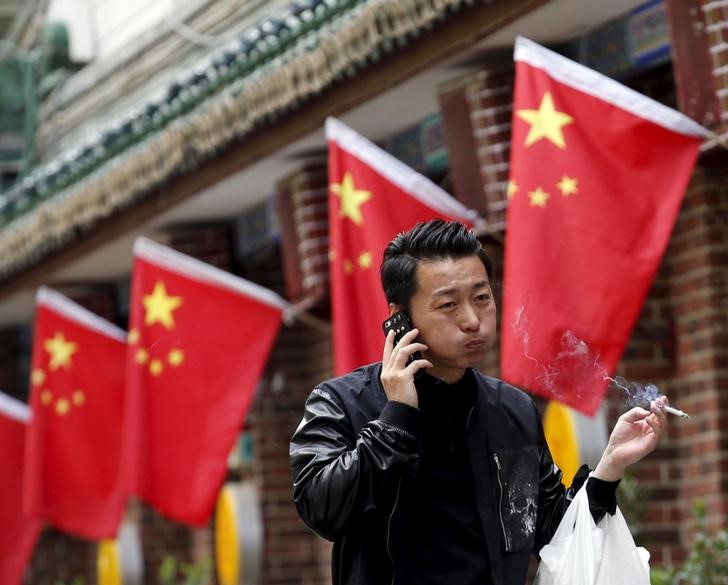By Christian Shepherd
BEIJING, Dec 12 (Reuters) - The detention of an International Crisis Group (ICG) employee by Chinese authorities is sending chills through the foreign non-governmental organisation community, already facing uncertainty over a 2016 law aimed at regulating the sector.
The ICG, a think-tank focused on conflict resolution, said in a statement to Reuters Michael Kovrig, a former Canadian diplomat, was detained by state security officials in Beijing on Monday night.
His detention, first reported by Reuters, came after police in Canada arrested the chief financial officer of China's Huawei Technologies Co Ltd HWT.UL on Dec. 1 at the request of U.S. authorities, which infuriated Beijing.
Asked about Kovrig's detention, China's foreign ministry spokesman on Wednesday suggested he may have broken a law on the management of overseas NGOs working in China, as the ICG was not registered.
It was the first time an official had raised the law in connection with a detention, even though he declined to comment on whether Kovrig had been charged.
"If the Overseas NGO Law was invoked as the reason for his detention, this would be a shot across the bow for the NGO community," Shawn Shieh, an independent civil society expert, told Reuters.
The Ministry of Public Security appears to have avoided strictly enforcing the new law, in order to allow NGOs time to register, but if Kovrig is charged under the law, that would send a "clear signal to the NGO community that this could happen to others", he said.
The Ministry of Public Security, which has oversight over foreign NGOs, did not respond to a request for comment. The Ministry of State Security has no publicly available contact details.
The government has said the law managing the operation of foreign NGOs is a step to advance the rule of law.
Kovrig is based in Hong Kong, from where he makes visits to other parts of China.
ICG President and Chief Executive Robert Malley told Reuters on Wednesday that Kovrig did not engage in any illegal activity when visiting mainland China.
Jessica Batke, a former U.S. State Department employee now at the Center on U.S.-China Relations in New York, said under the law, it is not clear when NGOs needed to apply for "temporary activities permits".
Informally, it had appeared that permits might not be needed for people visiting only for closed-door meetings.
"The fact that 'temporary activity' remains undefined means that this informal understanding could change at any time," Batke said.
The foreign NGO law is part of a raft of new national security measures introduced under President Xi Jinping.
One veteran Beijing-based NGO worker, who asked not to be identified due to the sensitivity of the situation, said Kovrig's case was a worry because it meant that people "could get caught in the crossfire when relations between their country and China go awry".
Another NGO worker with over a decade of experience in Beijing said: "If they indeed have used the law in this case, it would send a strong signal to all the non-Chinese NGOs that there is zero tolerance and zero grey zone."
